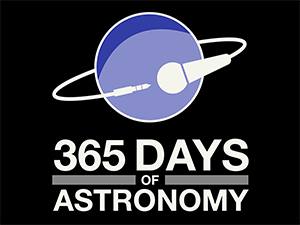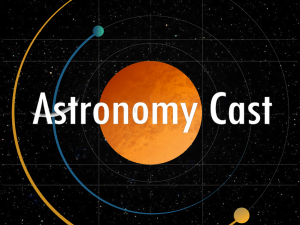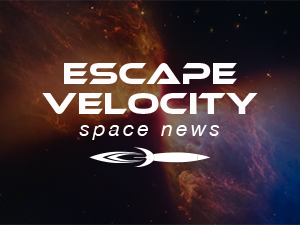
One of the major problems for humans as we take further and further trips into space is the tendency for the body to lose muscle mass in microgravity. Researchers at the University of Montreal think they have the answer, and it involves squirrels.
When squirrels undergo their yearly hibernation they do something fascinating. The microbes in their gut take the molecule urea, from urine, and split it into nitrogen. The nitrogen then gets passed back into the animal and is used to build and retain muscles. This way, the animal is prepared to engage in the high-energy period right after hibernation: the mating season.
This “urea nitrogen salvage” has been theorized since the 1980s, but a paper in Science by first author Matthew Reagan confirmed that it happens. Test squirrels were injected with modified urea in their blood. The modified urea had different markers that let the researchers track the urea nitrogen through different steps in the process.
The researchers did the experiment on squirrels with and without gut bacteria. They took data three times — when they were not hibernating, one month into hibernation, and finally four months into hibernation.
After months of data collection, researchers finally concluded that the squirrels were using urea nitrogen salvage, but importantly, only the squirrels with intact gut bacteria were. This told the researchers that the gut bacteria were responsible for the entire process because the squirrels themselves cannot do it.
Researchers had further insights — mainly that the urea nitrogen salvage process was most active in the latter part of winter, unlike most biological processes during an animal’s hibernation.
The third insight the researchers gleaned from the study is that the gut bacteria used some of the nitrogen they removed from the urea for their own purposes, demonstrating “true symbiosis”.
The researchers hope to find a way to apply this process to improve astronauts’ protein synthesis, which will benefit them in microgravity, instead of requiring lots of exercise as is the current process. The researchers cited an earlier study that showed the urea nitrogen salvage process was active in humans, but only for very small amounts of nitrogen.
Muscle wasting from a variety of causes is also a major problem on Earth, affecting almost a billion people globally. In the future, a medicine could be developed to give humans the gut bacteria used by the squirrels to promote urea nitrogen salvage and build their muscles. But, the researchers say all of these possible uses for the process are years into the future. As usual, further study is required.
More Information
University of Montreal press release
“Nitrogen recycling via gut symbionts increases in ground squirrels over the hibernation season,” Matthew D. Regan et al., 2022 January 27, Science



